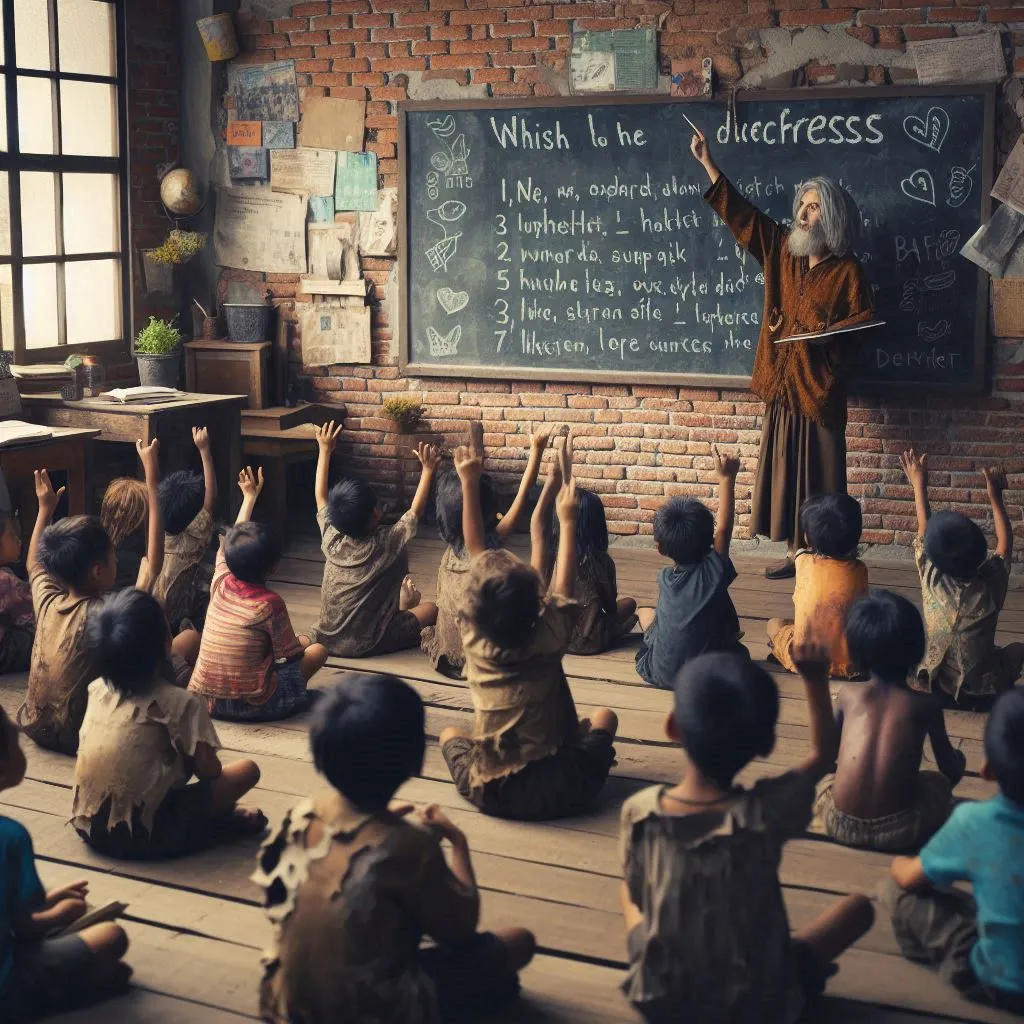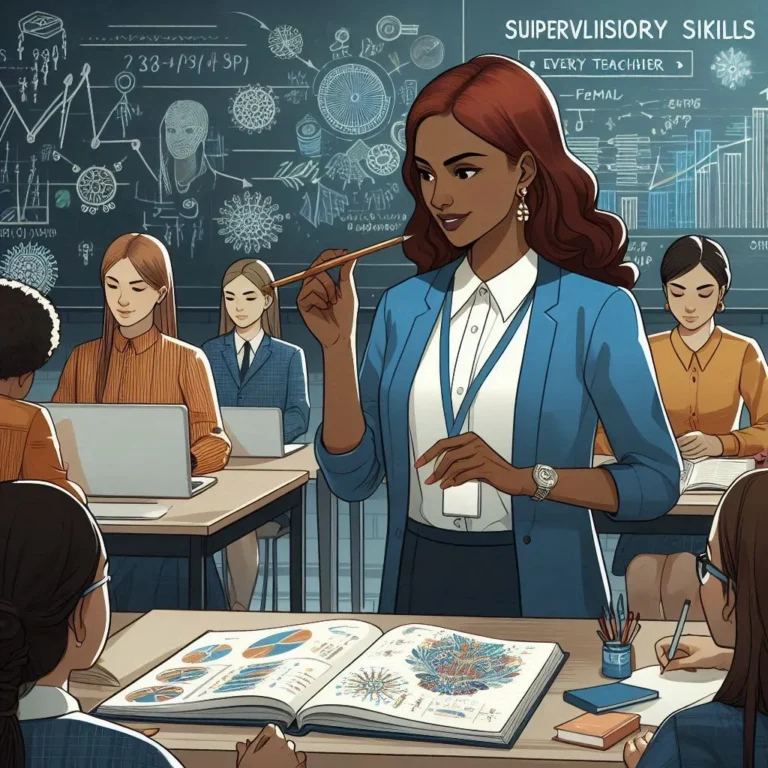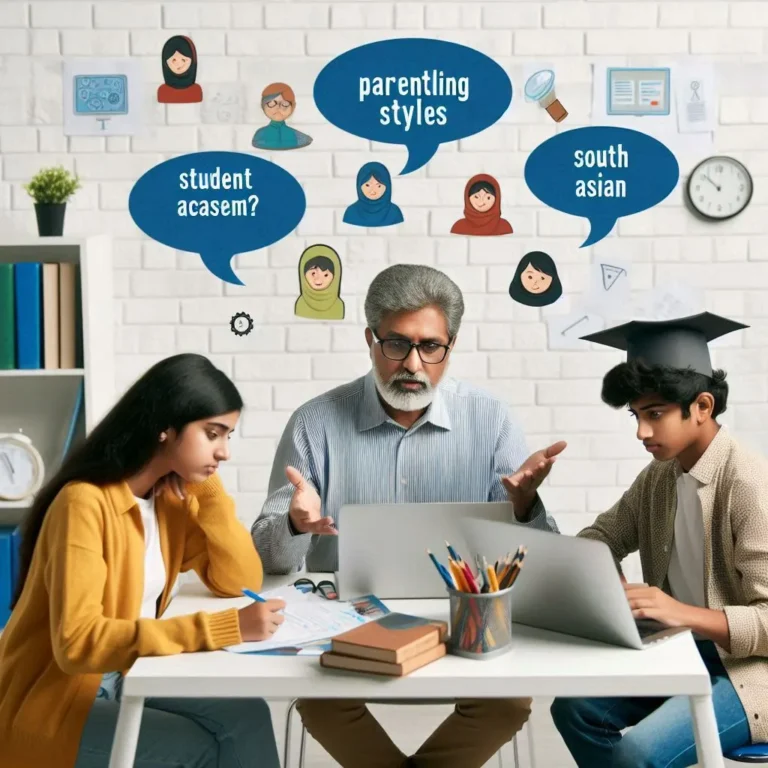The Impact of Poverty on Education 2024
Table of Contents
Poverty’s Effect on Education
Education is frequently called the great equaliser, a mean by which individuals can rise from poverty. But the sad truth is that poverty can create substantial barriers to enjoying a decent education. Rather than presenting us with abstract data, let’s instead take a look at actual case studies which illustrate the harsh reality faced daily by millions of children worldwide: how does poverty affect education?
Poverty and Education; the Vicious Cycle
Meet Maria, a smart young girl growing up in the projects. Maria aspires to be a doctor, and while she is not exactly alone in her aspiration – multiple young women at Kari Farm also have their sights set on medicine – the road ahead of her remains difficult. Financially, her family is unable to provide for essentials like food and housing let alone educational supplies.

The notion that her school is too underfunded, overcrowded and lacking resources to enable Maria a significantly different learning experience. Maria is not alone in this situation; across the country, millions of children – particularly those coming from poverty contexts-fight every day to access schools with less books for each student than demanded by school official plans and frequent obsolete technology whenever present.
That in itself creates a spiral where deprived of the education they need, children become adults unable to access jobs that pay well and so perpetuate their poverty into future generations.
The Hidden Costs of Education
The Hidden Costs of an Education: Tuition can be daunting for a family in poverty, but the tuition is only part of it. Take for example Jamal, whose parent can hardly pay a well mean uniform talk less of engaging in extracurricular activities with school trips. For all the stress it causes, buying set costumes and required materials is an inescapable part of a child’s education.
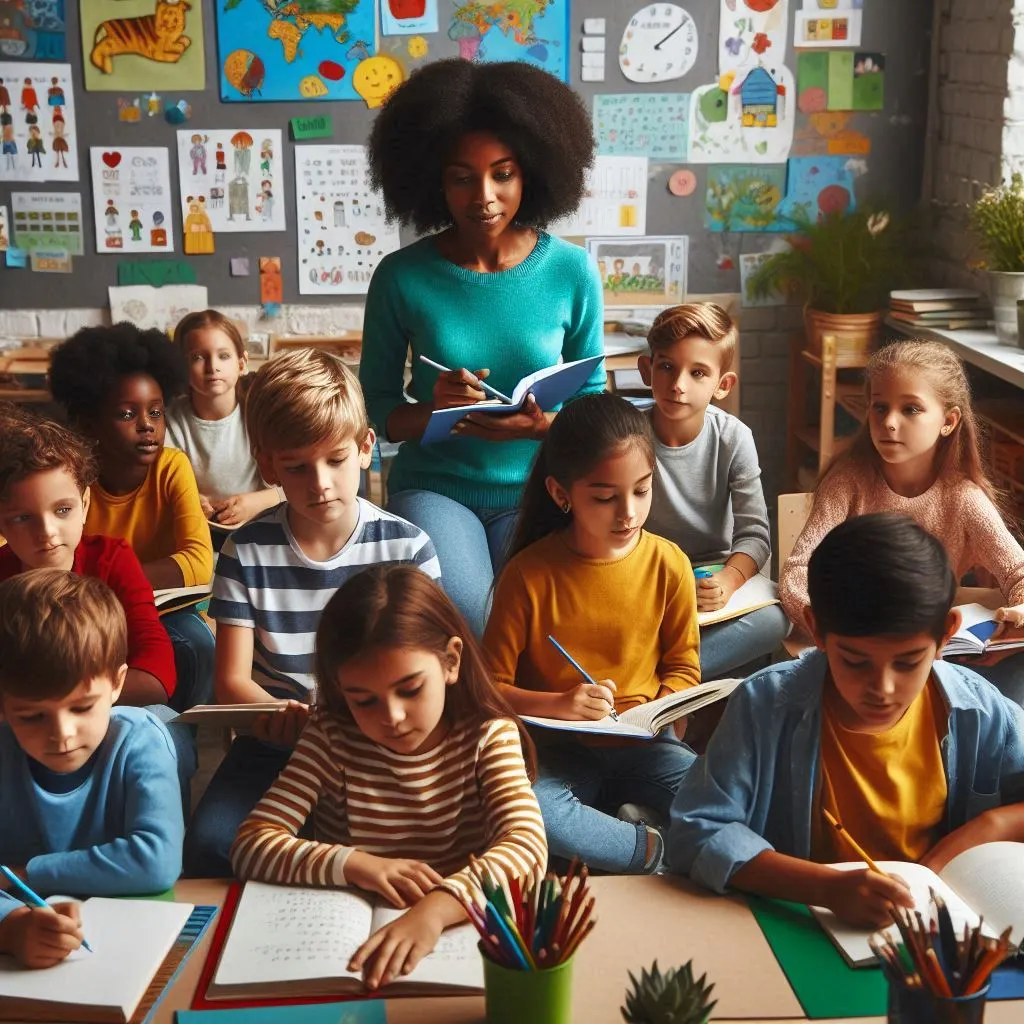
Due to the development process, participation in extracurricular activities can also support learning by developing a wide range of skills and schools. Yet, opportunities like these are often beyond the reach of children like Jamal – hindering both his academic success and social growth.
Additionally, transportation expenses can result in an increased rate of school absenteeism between children with families witnessing a low-income. It only takes them further from catching up academically as well, for every missed day of school compounds an educational gap.
An ignored realm of health and nutrition
But poverty is not just a factor that affects educational resources, rather it also impairs children’s health and nutrition so necessary to effective learning habits. Look at Ana, who frequents school without a womb in his stomach under the excuse that their income is not enough even for three meals. It deteriorates Ana’s focus, strength and academic accomplishments due to hunger.
Lack of access to healthy meals due to poverty in many cases makes the problem even worse. Others with chapter 19 tribunal rights grievance specialists petition in which is each week but can make keep things interesting both Loving and Continuing.” As a result, it will increased absenteeism and create the special problems at examination time.

Children like Ana grew up without the necessary healthcare and hence nutrition to attend even grounds with kids such as yours; once more showing how poverty, health care or some other kind of related measures correlates directly with education.
How Psychological Stress Effects Learning
The anxiety of living being poor will have it’s effects on a child’s mental health as well, which eventually affects how they learn. Take a boy who lives in the high-crime neighbourhood as Alex. And after you read through this anecdote place yourself into his shoes. Alex’ mental performance and emotional balance suffers under the constant stress, anxiety and deprecation.
Children living in low-income households are more likely to experience mental health issues, such as depression and anxiety (Gordon ET AL. 1999) even though Gordon mentions that the poor have less trouble than expected with regard to self-esteem).
Their unseen struggles can show up in classrooms as a lack of focus, disruptive behaviour and lower overall academic results. When teachers in a school that is already underfunded lack the training and resources to support these students psychologically, it only widens educational disparity.

Community and Government Support
Solution of the Impact of poverty on education requires a collective effort from among community and government. After school tutoring, mentoring and access to technology in community programs can significantly help. Imagine a program offering free tutoring and computer access in an impoverished neighbourhood.
Child who partakes in these programs may show improved academic studies, increased confidence and self-esteem. Unconventionally, government initiatives are just as important. Policies that fund school meals, health care and their – subsided educational supplies ease the burden on low-income families.
Investment in teacher training has been demonstrated to be able to realise this balance and that of the educational learning environments as well. By helping these initiatives grow, the results of generational poverty can be stopped in its tracks and set our children on a better path.
Living, Breathing Success Stories: One of Hope
Although it is a tough nut to crack, there are stories of some iron-willed personalities who have managed out do odds minus cross fit. Think about Malaya Yous AFAIK, who in the face of tremendous persecution became a global champion for girls education. Her story reflects that the power and tenacity of youth rallying to protect their right to an education.
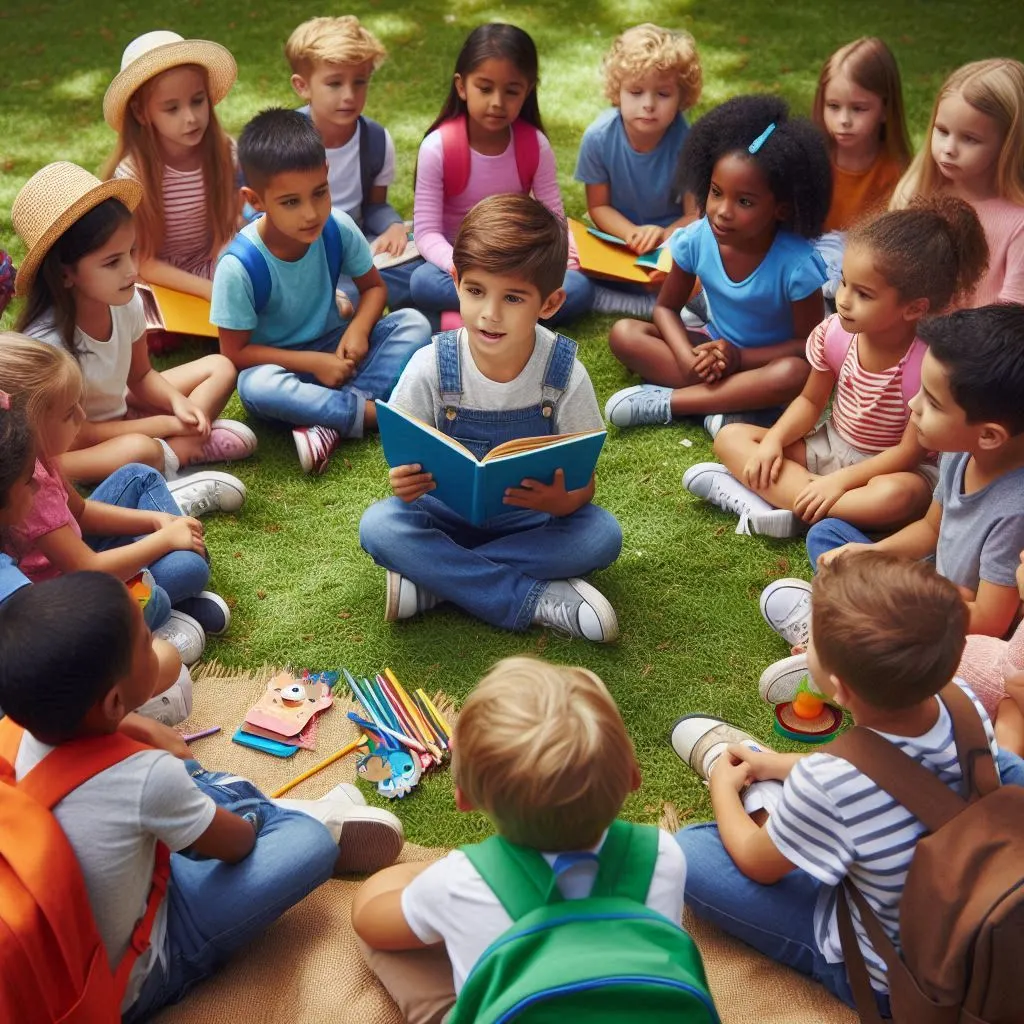
Here at home, there is the story of Dr. Ben Carson born into poverty but educated and persevered to become a renown surgeon in America. They are the human face of what education can do and a reminder that children will find their capacity to succeed when they’re given an opportunity. They are hopeful, and speak to the urgency of breaking down poverty’s impact on education.
Conclusion: A Call to Action
Poverty creates many challenges throughout the entire education process, from school resources and unseen costs to health & mental well-being. But this is not impossible. We can work our way to an equitable system through collective community support, well-intention ed government plans and initiatives along with self-escalation. We must as a group help educate these children to ensure everyone has an opportunity for quality education, regardless of income level.
With investments in education and tackling poverty at the source, we can prepare that next generation to escape from their cycle of poverty where they might be able to finally fulfil those dreams. The stories of Maria, Jamal, Ana and Alex are not simply harrowing tales; they call on all of us to play a role in shaping the future where no discount is paid for being poor.
FAQs
What impact does education have on the brain of a child living in poverty?
Effects of poverty on child learning This may result in poor nutrition further impacting concentration and energy levels. Poor children are more likely to be sick and cause them to not go attend school and their families may have limited access transportation. Many of them go to poorly funded schools with less-resources, and their mental weariness from living in poverty can affect the cognitive functions or emotional health.
How can we help reduce the impact of poverty on education?
Proposed solutions range from funding schools in low-income neighbourhoods to provide free or subsidised meals, to making sure children have access to health care and programs like tutoring and after-school activities. Broader-based assault on poverty – like affordable housing and job-training programs promoted by government policy changes – is also important.
What can be done at the community level to get Children from poverty belts into Education.
Another way communities can boost seeing is by starting after-school programs, making mentoring connections and ensuring availability of technology and learning resources. Community organisations can also press for better funding of local schools and provide back up services, such as food banks & health care centres.
Have there been successful transition out of poverty into an academic career?
There are a lot of inspirational stories. Even heavy hurdles were not able to Jolt My Daughters Ministry, Malaya You safari a Global campaigner of girls education. Raised to read little as I felt forced, Dr. Ben Carson grew up in poverty to become a world renown neurosurgeon. These tales are quite inspiring in the sense that they bring about hope which informs us once again, given a little help from stakeholders involved and unwavering aspiration to quality education; every child can do great things.
How Much Do Teachers Matter For Students Impacted By Poverty?
Teachers ensure to provide a loving and conducive learning environment. These groups can pinpoint students who require further assistance and refer them to services, such as counselings or tutoring. A great teacher training program can enable teachers to target these 4 wares effectively, and handle their impacts on students who experience poverty.
Could increased education be the solution for ending poverty once and for all?
But it opens the door to significantly breaking that cycle of poverty, yes? A good education provides skills and knowledge to have a well-paying job, an opinion of your own. It provides pathways to social mobility and results in enhanced economic security for families, communities.

